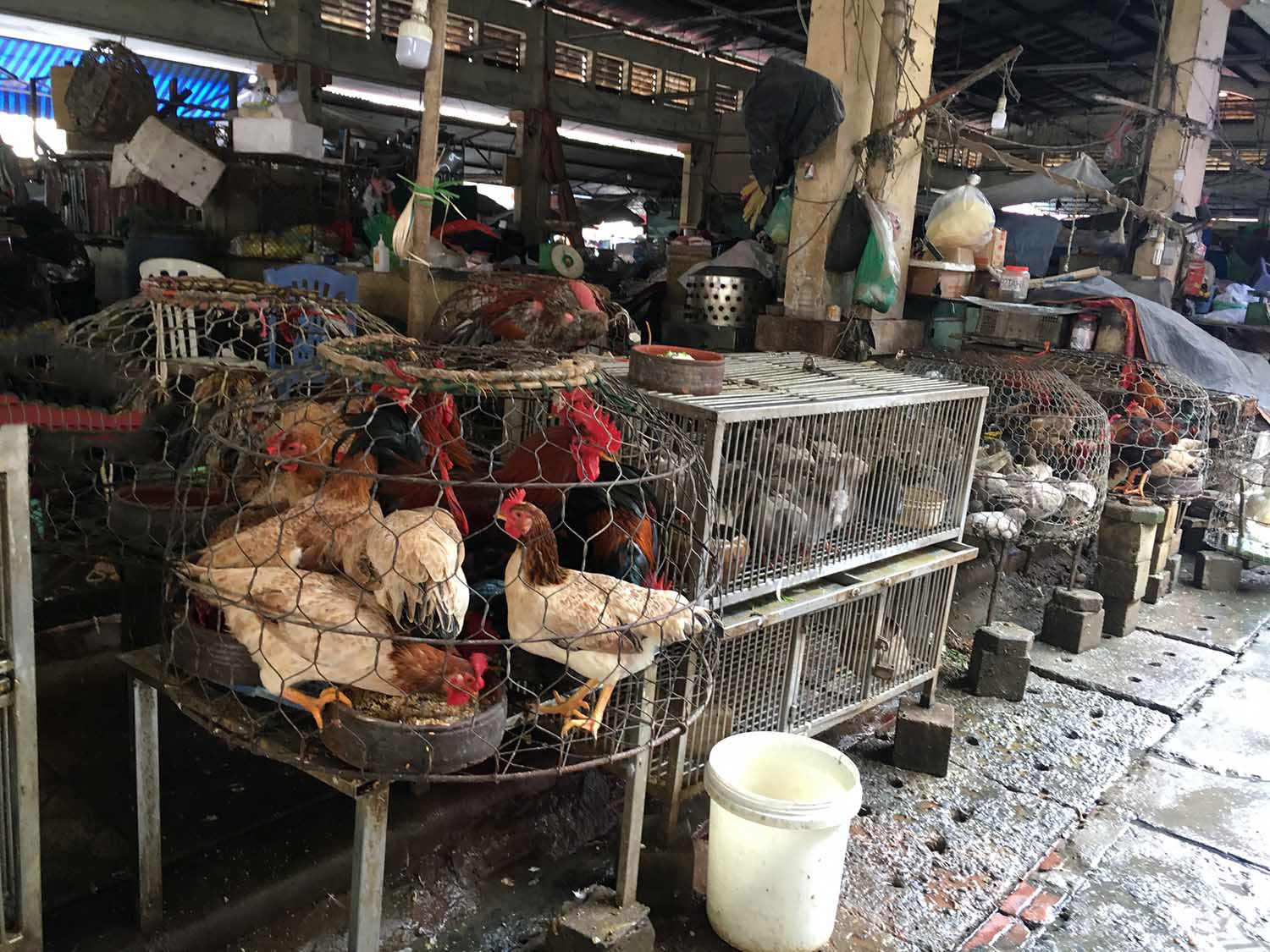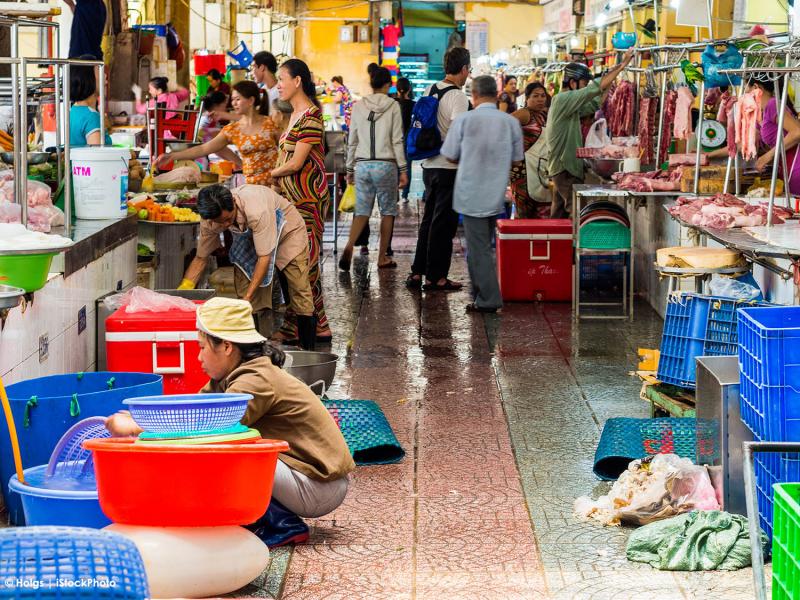COVID-19, SARS, MERS, Ebola, BSE and HIV – what do all these diseases have in common? They originated from a dysfunctional relationship between humans, animals, and nature. For years, scientists all over the world have warned us that the way in which we treat animals is a serious risk factor in the outbreak of zoonotic diseases, which we know can have the potential of becoming pandemics. COVID-19 is a dangerous symptom of an unjust and cruel relationship with animals. If we don’t tackle the root causes of the problem, it is a question of when, not if, the next pandemic will arise. That is why it is imperative that governments make animal welfare a global priority.
Will you join us and call on decision-makers to ensure this pandemic is a turning point to improve our relationship with animals and nature?
We need governments and decision-makers around the world to make animal welfare a priority so that we can prevent future pandemics. The One Health High Level Expert Panels "One Health" approach must be incorporated into policymaking to not only recognise the interconnections between humans, animals, and environmental health, but also to encompass welfare, wellbeing, and conservation aspects. These are crucial elements that must be addressed in all pandemic prevention strategies and laws.
We ask that all governments support the transition to food and agricultural systems that are more animal and environmentally friendly. They must also commit to banning high-risk practices, including the commercial wildlife trade, the dog and cat meat trade and fur farming.
Hundreds of thousands of people have died as a result of COVID 19. This is not only a wake-up call to change the system, but also an opportunity to create a world where animals, the environment and humans are treated better.
Click here to see our calls to governments.
To make animal welfare a global priority, governments must:
- End the cruel farming and killing of animals for their fur. COVID-19 mutated and spread in fur farms. Millions of minks were killed as a result. Besides the horrific suffering that these animals endure, it has been proven that fur farms can be a serious public health risk.
- Stop the commercial trade of wild animals. The commercial wild animal trade for private keeping, entertainment, and human consumption as well as use in traditional medicines must be banned immediately. Not only to protect these animals and their ecosystems, but also to prevent us from triggering the next pandemic.
- End factory farming. Inhumane keeping conditions of farm animals including cage keeping, long-distance live animal transport and other cruel practices make animals sick and encourage the spread of diseases. The global production and consumption of animal products must be reduced by 50% by 2040, and the remaining animal products must originate from higher-welfare production systems. We must stop the extreme suffering of farm animals, loss of biodiversity and threats to human health.
- End the cat and dog meat trade to stop this immense cruelty and help eradicate zoonoses and disease transmissions to humans. Rabies and cholera are just some of the diseases which can be transmitted to humans by this horrific and unhygienic trade, whose very conditions mean that there is a real risk of new zoonoses emerging.
Decision makers must act now! Together, we can demand a better world for animals. When they suffer, we suffer. It’s up to governments to secure a future where animals, humans and the planet are safe from future pandemics.
On 12 July 2022, FOUR PAWS handed in our petition to governments together with the organisations Compassion in World Farming, Born Free Foundation and Proyecto ALA representing more than 20 countries worldwide. Together, we have demonstrated international support calling for improvements to animal welfare in order to prevent the next global pandemic. Thank you for your support.
But there's still time to sign! The petition remains live so that we can gain more signatures and further demonstrate the growing, international demand to make animal welfare a global priority.


